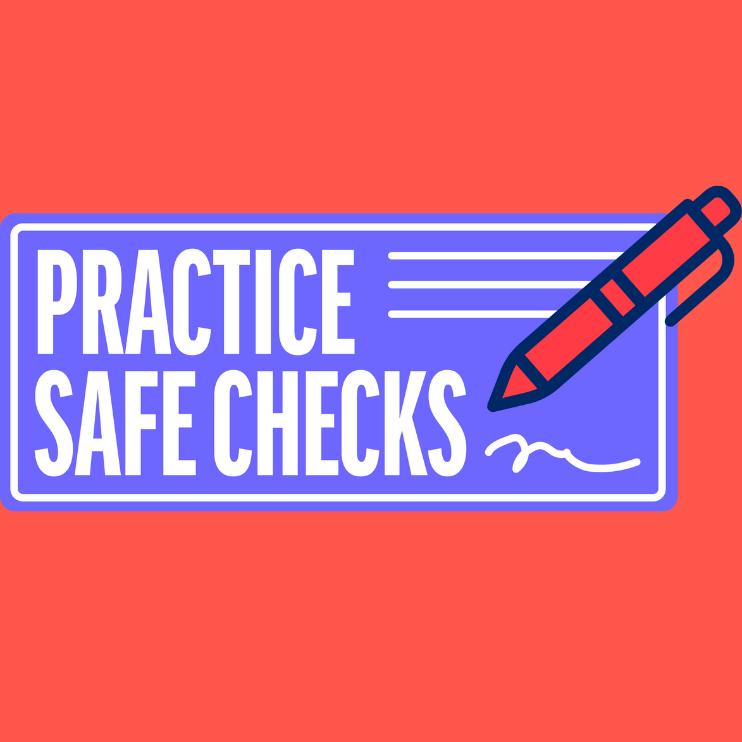Protecting Vulnerable Adults
Monday, Jun 17, 2024- Resource Center
- Protecting Vulnerable Adults
Elder abuse refers to an intentional or negligent act by any person that causes harm or a serious risk of harm to an older adult. The trauma of elder abuse can result in premature death, the deterioration of physical and psychological health, destruction of social and familial ties, devastating financial loss, and more. Older adults can be mistreated in multiple settings (homes, nursing homes, assisted living facilities) by family members, friends and neighbors, professionals, and strangers.
Warning signs of financial exploitation
- Sudden changes in bank accounts or banking practices, including an unexplained withdrawal of large sums of money by a person accompanying the older adult
- The inclusion of additional names on an older adult’s bank signature card
- Unauthorized withdrawal of the older adult’s funds using their ATM card
- Abrupt changes in a will or other financial documents
- Unexplained disappearance of funds or valuable possessions
- Provision of substandard care or bills left unpaid despite the availability of adequate financial resources
- Discovery of a forged signature for financial transactions or for the titles of the older adult’s possessions
- Sudden appearance of previously uninvolved relatives claiming their rights to an older adult’s property or possessions
- Unexplained sudden transfer of assets to a family member or someone outside the family
- The provision of services that are not necessary
- An older adult’s report of financial exploitation
- Unexplained credit card charges
Read the full article provided by FS-ISAC here.
- elder abuse
- fraud
- scams





